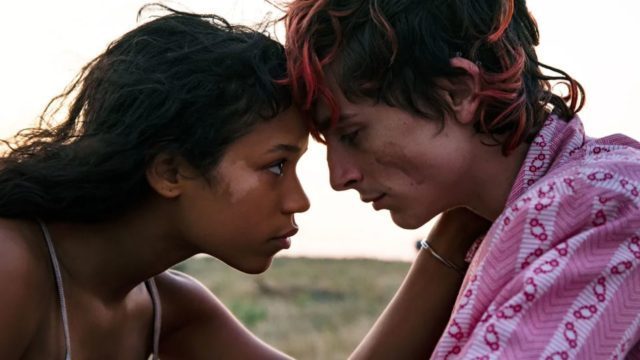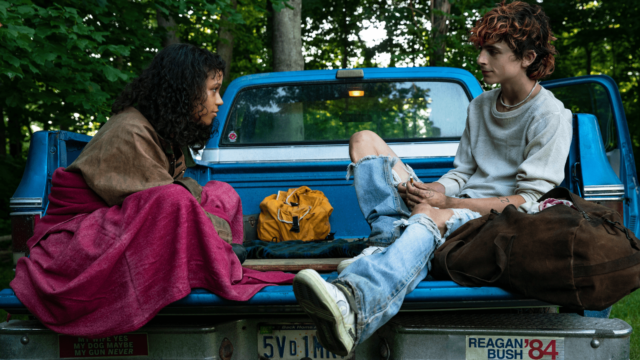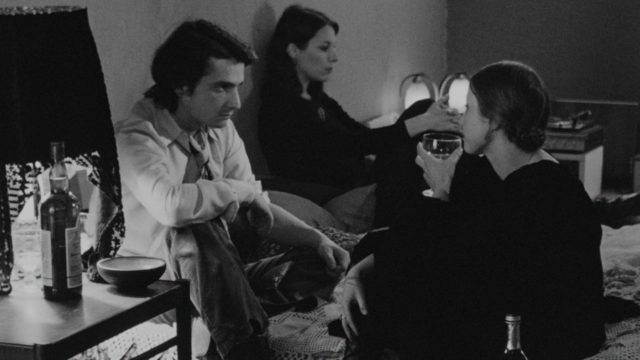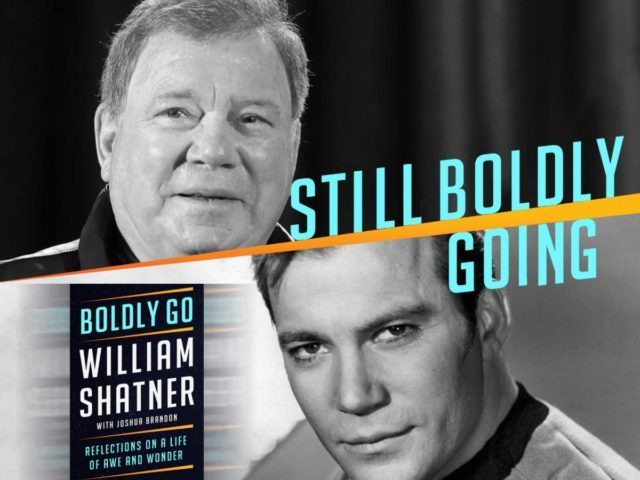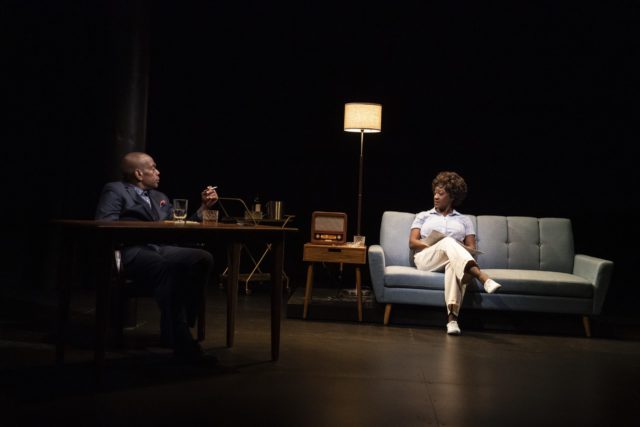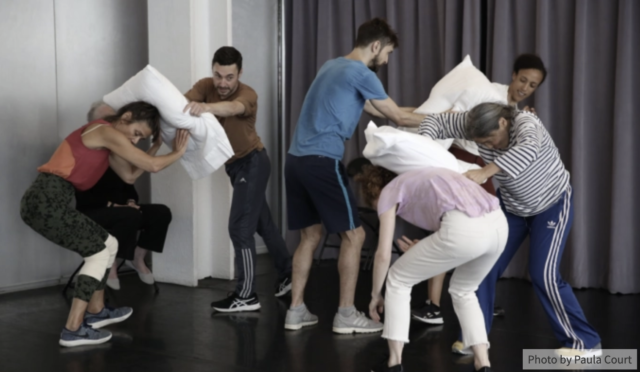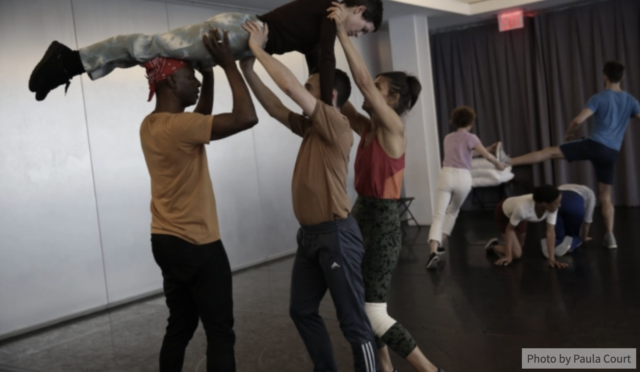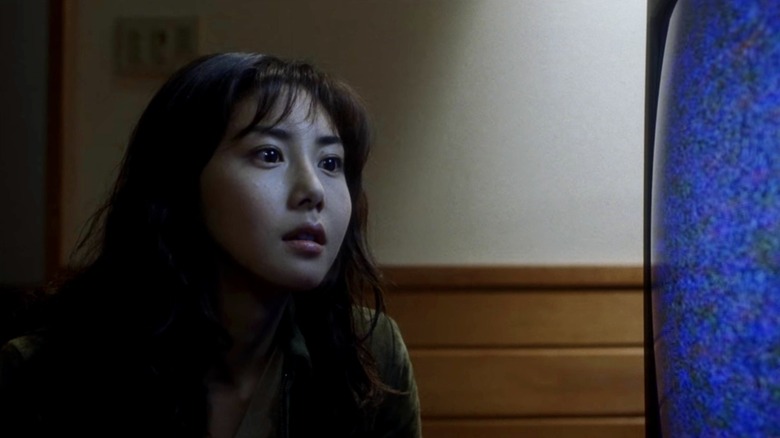
Reiko Asakawa (Nanako Matsushima) finds herself and her young son in danger in Ringu
RINGU (Hideo Nakata, 1998)
Japan Society
333 East 47th St. at First Ave.
Friday, October 7, $15, 7:00
212-715-1258
japansociety.org/events
In many ways, Hideo Nakata’s 1998 classic, Ringu, is the ultimate horror movie: a film about a film that scares people to death. But Ringu is not chock-full of blood, gore, and violence; instead it’s more of a psychological tale that plays out like an investigative procedural as two characters desperately search for answers to save themselves from impending death.
Journalist Reiko Asakawa (Nanako Matsushima) and her ex-husband, professor and author Ryūji Takayama (Hiroyuki Sanada), are both on tight deadlines — for their lives. After Reiko’s niece, Tomoko Ōishi (Yuko Takeuchi), suddenly dies, apparently from fright, Reiko discovers a rumor that Tomoko and some of her friends had watched a short video, then received a phone call in which an otherworldly voice told them they would die in a week. And they did.
Reiko tracks down the eerie videotape and watches it herself — a few minutes of creepy, hard-to-decipher grainy images — after which the phone rings, telling her she has one week to live. She shows the tape to Ryūji, who has extrasensory powers, and they start digging deep into who shown in the tape and what it is trying to communicate. As they begin uncovering fascinating facts, their son, Yōichi (Rikiya Ōtaka), gets hold of the video and watches it, so all three are doomed if they don’t figure out how to reverse the curse — if that is even possible.
Adapted by screenwriter Hiroshi Takahashi from the 1991 novel by Koji Suzuki, Ringu is a softer film than you might expect, maintaining a slow, even pace, avoiding cheap shocks as the relatively calm and gentle Reiko continues her research and is able to work together with her former husband, who has not been a father to Yoichi at all. The film gains momentum as Reiko and Ryūji learn more about the people in the video, but Nakata, who went on to make several sequels in addition to Dark Water, Chaos, The Incite Mill, and the Death Note spinoff L: Change the World, never lets things get out of hand. The supporting cast includes pop singer Miki Nakatani as Mai Takano, one of Ryūji’s students; the prolific Yutaka Matsushige (he’s appeared in more than one hundred films and television shows since 1992) as Yoshino, a reporter who assists Reiko; and Rie Inō as the strange figure hiding behind all that black hair.
The 2019 twentieth anniversary digital restoration of Ringu is screening October 7 at 7:00 in Japan Society’s Monthly Classics series, which continues October 14 with Mamoru Oshii’s Angel’s Egg. Oh, and just for the record, a “homomorphism” — the word is written on Ryūji’s blackboard of mathematical equations — is a map between algebraic objects that come in two forms, “group” and “ring,” the latter being a structure-preserving function.
